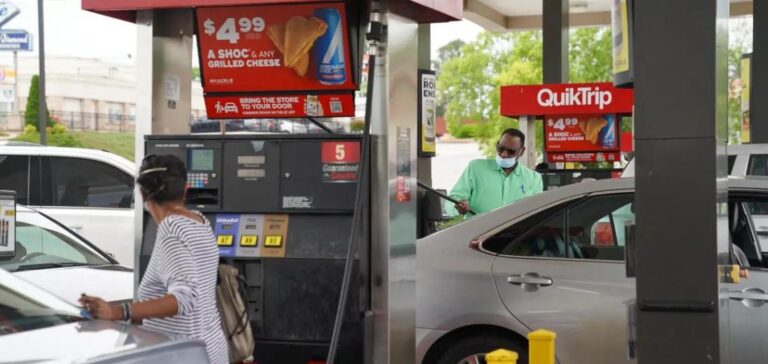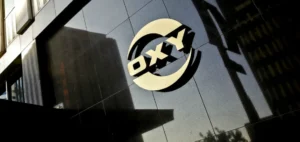The U.S. Department of Energy (DOE) recently awarded contracts for the sale of 1 million barrels from the Northeast Gasoline Supply Reserve (NGSR). The purpose of this operation is to stabilize gasoline prices before the period of strong summer demand. The 42 million gallons of fuel were sold at an average price of $2.34 per gallon.
Impact on the fuel market
The sale was carried out through a call for tenders to which five companies responded, submitting a total of 19 proposals. Contracts were awarded to BP (500,000 barrels), George E. Warren, LLC (100,000 barrels), Vitol (200,000 barrels), Freepoint Commodities (100,000 barrels) and Irving Oil (98,824 barrels). Distribution of these barrels is scheduled for June 30, 2024, guaranteeing their rapid arrival on the market.
Economic and Logistics Strategy
This sale is a response to the Consolidated Appropriations Act of 2024, which aims to maximize the effect of fuel reserves on prices. The aim is to avoid a rise in pump prices during the busy vacation travel period. The states concerned include Maine, New Hampshire, Vermont, Massachusetts, Connecticut, Rhode Island, New York, New Jersey and Pennsylvania.
By putting these reserves on the market at a strategic time, the DOE is seeking to ensure price stability and meet the fuel needs of local distributors, particularly ahead of July 4, a date marked by increased travel.
The release of these reserves is a targeted economic measure to positively influence the fuel market, supporting adequate supply in the face of increased demand, and maintaining a favorable dynamic for consumers and businesses in the energy sector.





















